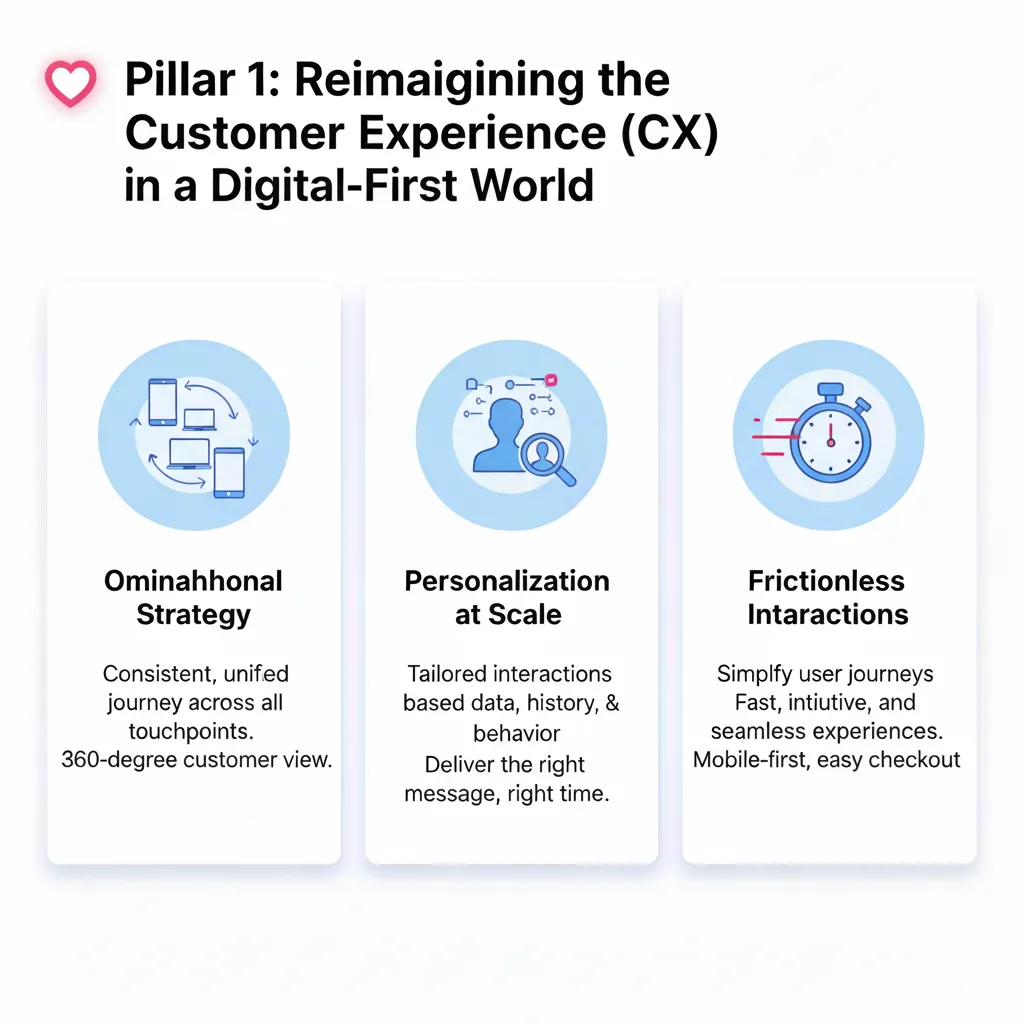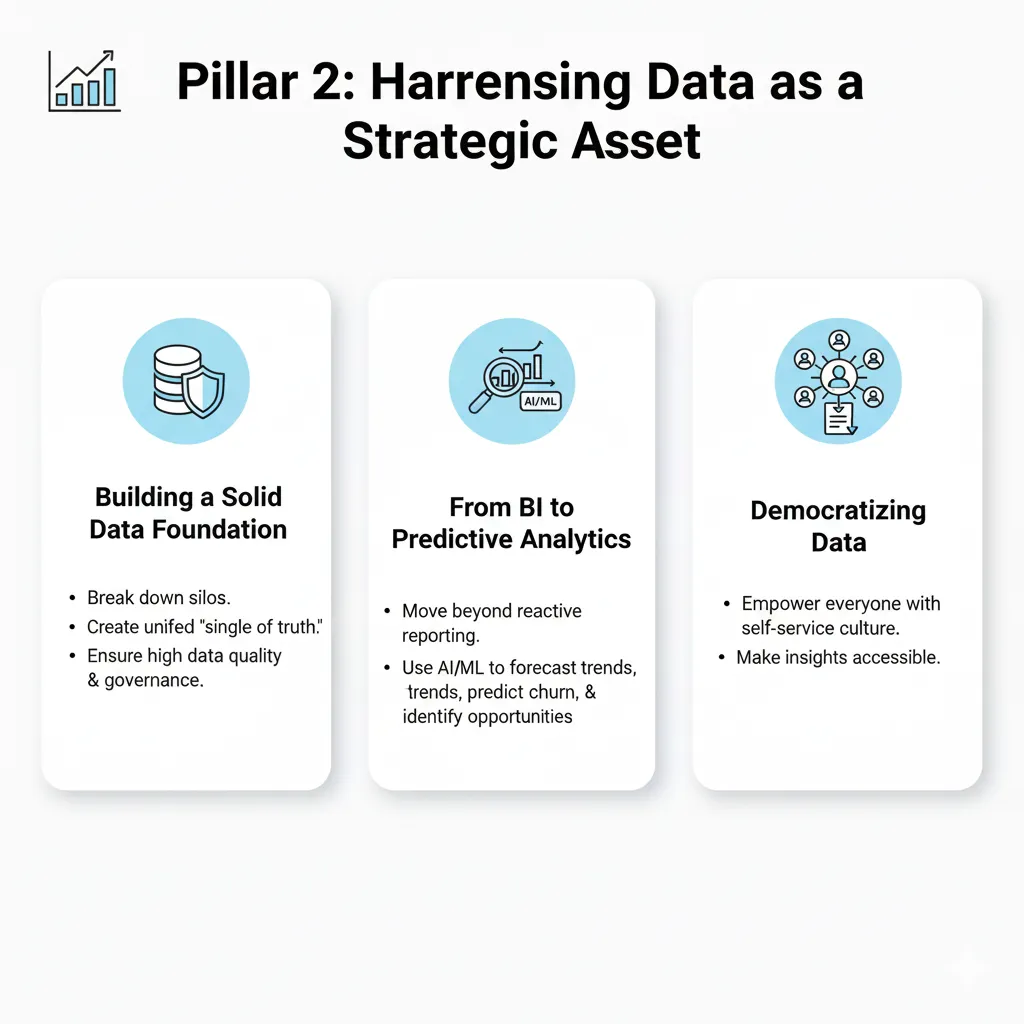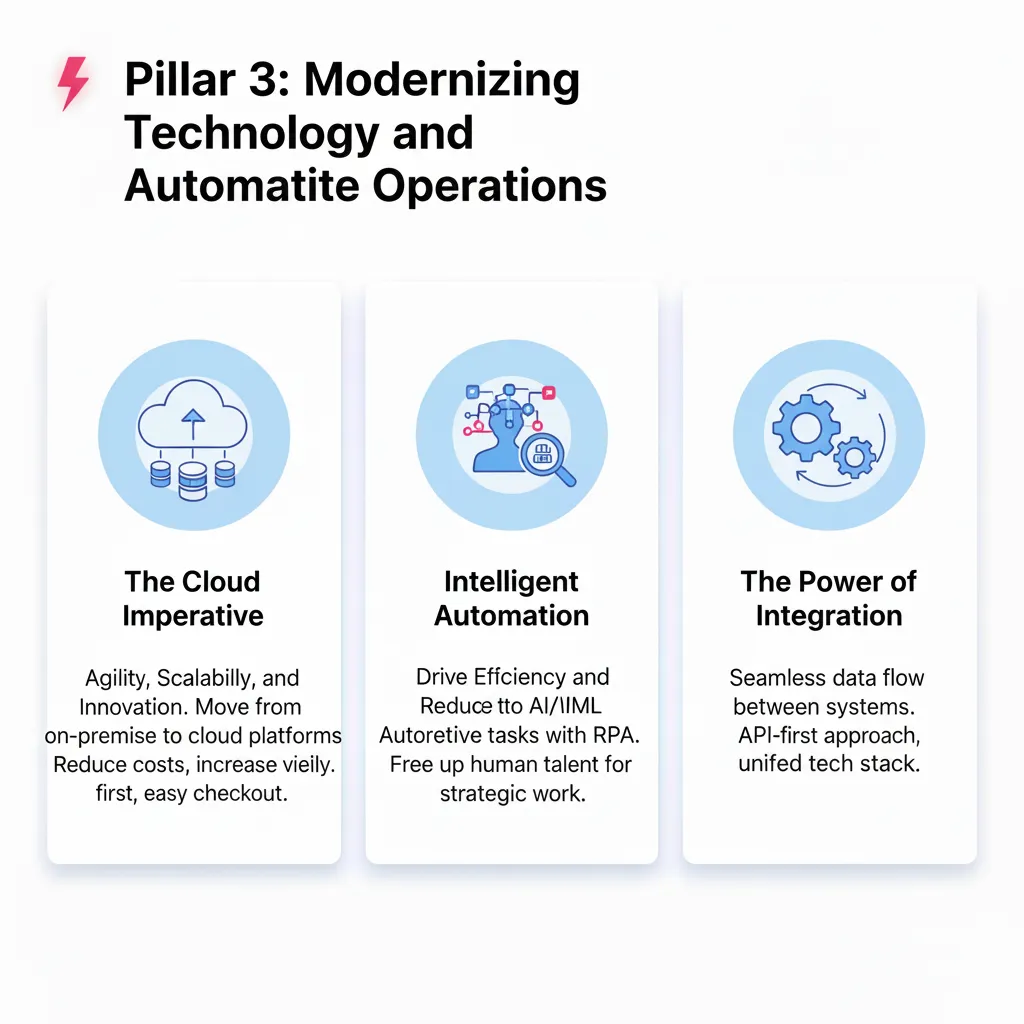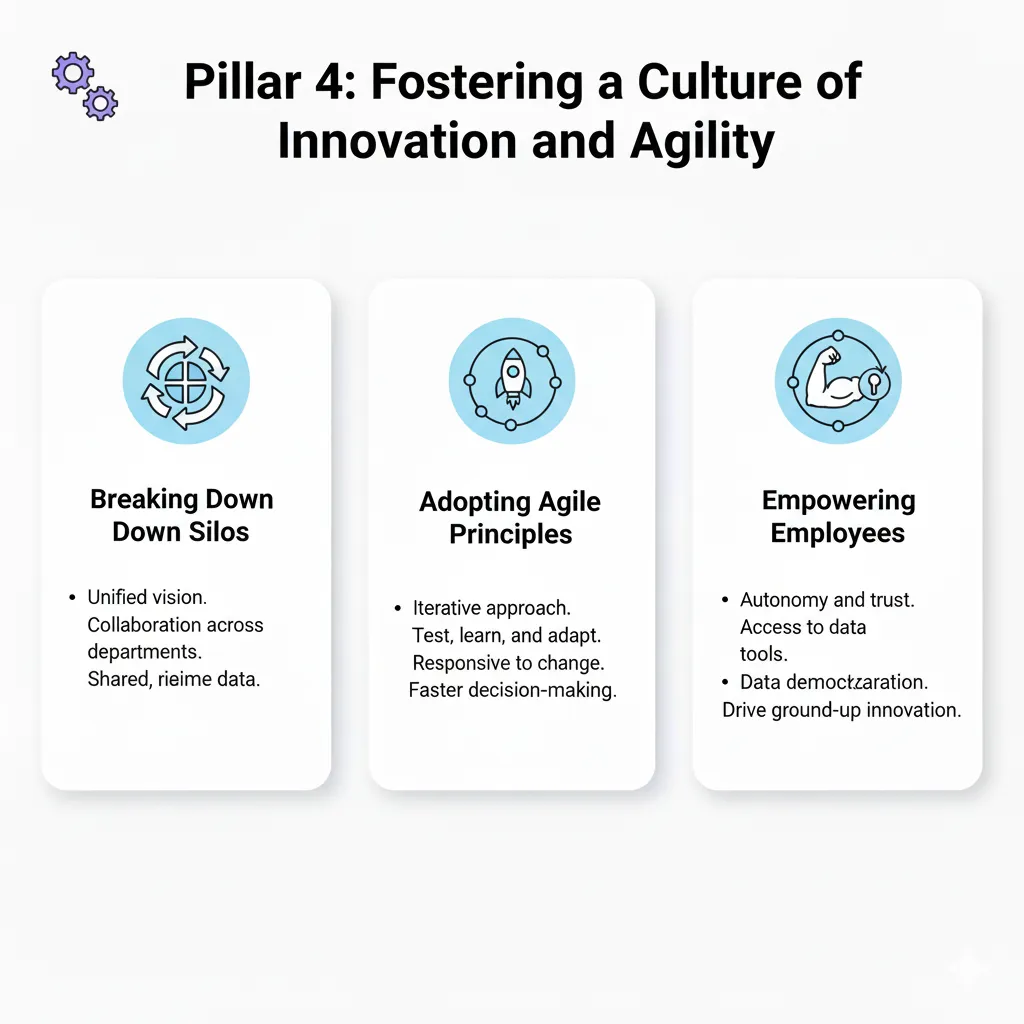
Why AI-First CRM is the Future of Customer Relationship Management
Why AI-First CRM is the Future of Customer Relationship Management
The business landscape has shifted dramatically in recent years, and customer expectations have evolved along with it. Traditional customer relationship management systems, built on outdated architectures and limited by manual processes, are struggling to keep pace with the demands of modern commerce. Enter AI-first CRM technology, a revolutionary approach that's transforming how businesses understand, engage, and retain their customers.
The Limitations of Traditional CRM Systems
Most businesses today are still relying on CRM systems that were designed for a different era. These legacy platforms require extensive manual data entry, offer limited insights into customer behavior, and fail to provide the real-time intelligence that modern businesses need to compete effectively. Sales teams spend countless hours updating records instead of selling, while marketing departments struggle to create personalized experiences without deep customer insights.
Traditional CRMs operate as digital filing cabinets rather than intelligent business partners. They store information but don't provide actionable insights. They track interactions but don't predict future behavior. They collect data but don't transform it into competitive advantage.
How AI-First CRM Changes Everything
AI-first customer relationship management systems approach the challenge from a fundamentally different perspective. Instead of simply storing customer data, these intelligent platforms analyze patterns, predict behaviors, and recommend actions that drive measurable business results.
Predictive Customer Intelligence represents perhaps the most significant advancement. AI-powered CRMs can analyze thousands of data points to predict which prospects are most likely to convert, which customers are at risk of churning, and what products or services each individual customer is most likely to purchase next. This predictive capability transforms reactive customer service into proactive relationship management.
Automated Data Enrichment eliminates the tedious manual data entry that consumes sales team productivity. AI-first systems automatically capture and update customer information from multiple touchpoints, ensuring your database remains accurate and comprehensive without requiring constant manual maintenance.
Intelligent Lead Scoring goes beyond simple demographic criteria to evaluate prospect engagement, behavior patterns, and buying signals. The AI continuously learns and adjusts scoring models based on actual conversion data, becoming more accurate over time.
Real-World Impact on Business Performance
Companies implementing AI-first CRM technology are seeing remarkable improvements across key performance indicators. Sales teams report 30-50% increases in productivity as they spend less time on administrative tasks and more time engaging qualified prospects. Marketing campaigns become significantly more effective when powered by AI-driven customer insights and personalization capabilities.
Customer retention rates improve dramatically when businesses can predict and prevent churn before it happens. AI-first CRMs identify early warning signs that human analysis might miss, enabling proactive intervention that saves valuable customer relationships.
The revenue impact is equally impressive. Businesses using AI-powered customer relationship management systems typically see 25-35% increases in sales conversion rates and 40-60% improvements in customer lifetime value.
The Competitive Advantage Factor
In today's hyper-competitive marketplace, the businesses that can respond fastest to customer needs and market changes are the ones that thrive. AI-first CRM technology provides this competitive edge by enabling real-time decision making based on comprehensive customer intelligence.
While competitors struggle with manual processes and incomplete customer views, businesses powered by AI-first CRM can deliver personalized experiences at scale, respond to customer needs proactively, and adapt their strategies based on real-time market feedback.
Implementation Strategy for Success
Transitioning to an AI-first CRM approach requires careful planning and execution. The most successful implementations focus on gradual adoption rather than dramatic overnight changes. Start by identifying the most time-consuming manual processes in your current customer management workflow and prioritize those for AI automation.
Data quality becomes crucial in an AI-first environment. Invest time in cleaning and organizing your existing customer data before migration. The AI algorithms are only as good as the data they analyze, so establishing strong data hygiene practices from the beginning sets the foundation for long-term success.
Team training and change management are equally important. While AI-first CRM systems are designed to be intuitive, helping your team understand how to leverage the AI insights effectively maximizes the return on your technology investment.
Looking Toward the Future
The evolution toward AI-first customer relationship management is not just a trend but a fundamental shift in how businesses operate. As AI technology continues advancing, the gap between businesses using intelligent CRM systems and those relying on traditional approaches will only widen.
Forward-thinking business leaders recognize that AI-first CRM isn't just about technology—it's about transforming their entire approach to customer relationships. The businesses that embrace this transformation today will be the market leaders of tomorrow, while those that delay risk being left behind by more agile, AI-powered competitors.
The future of customer relationship management is here, and it's powered by artificial intelligence. The question isn't whether to adopt AI-first CRM technology, but how quickly you can implement it to gain a competitive advantage in your market.







